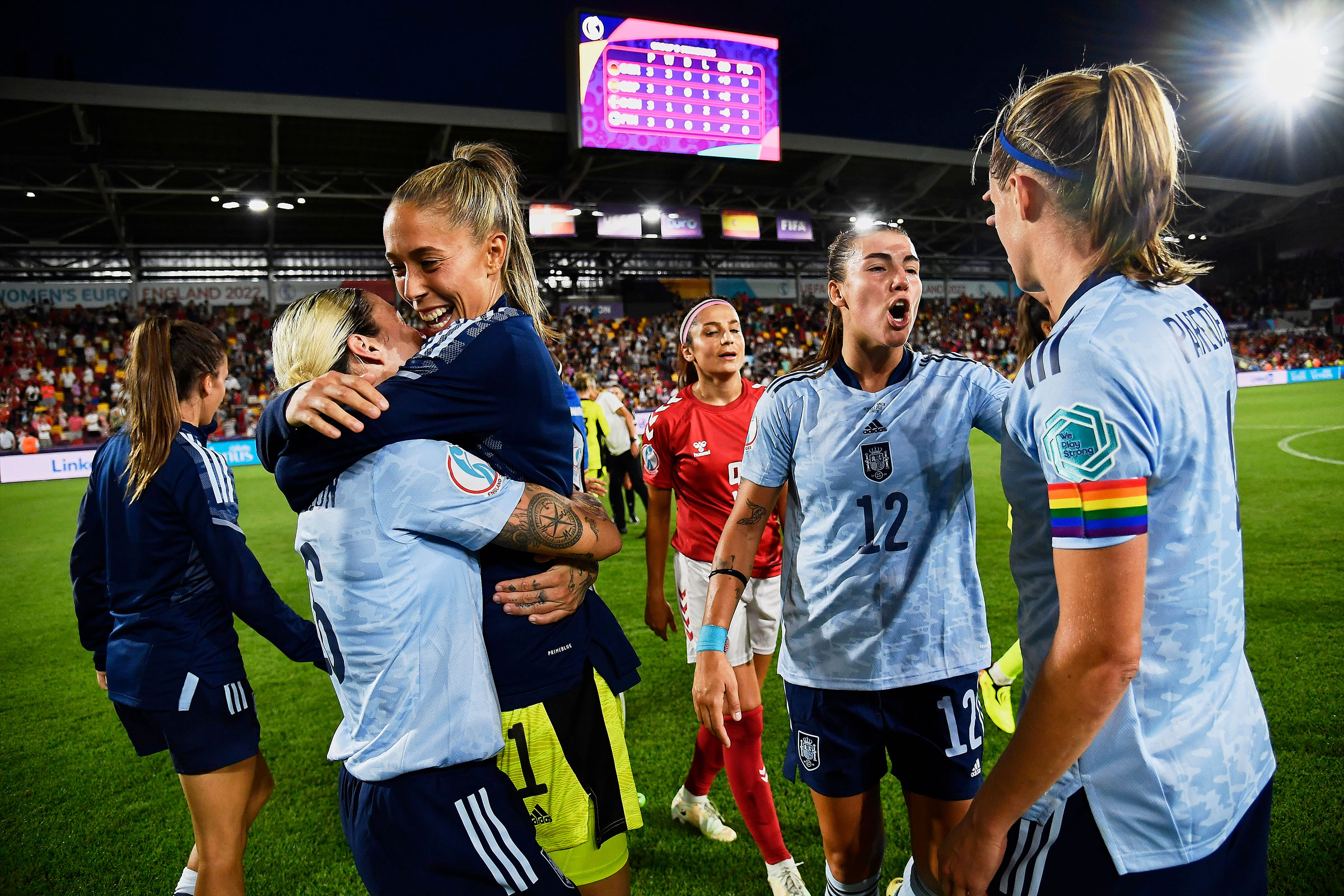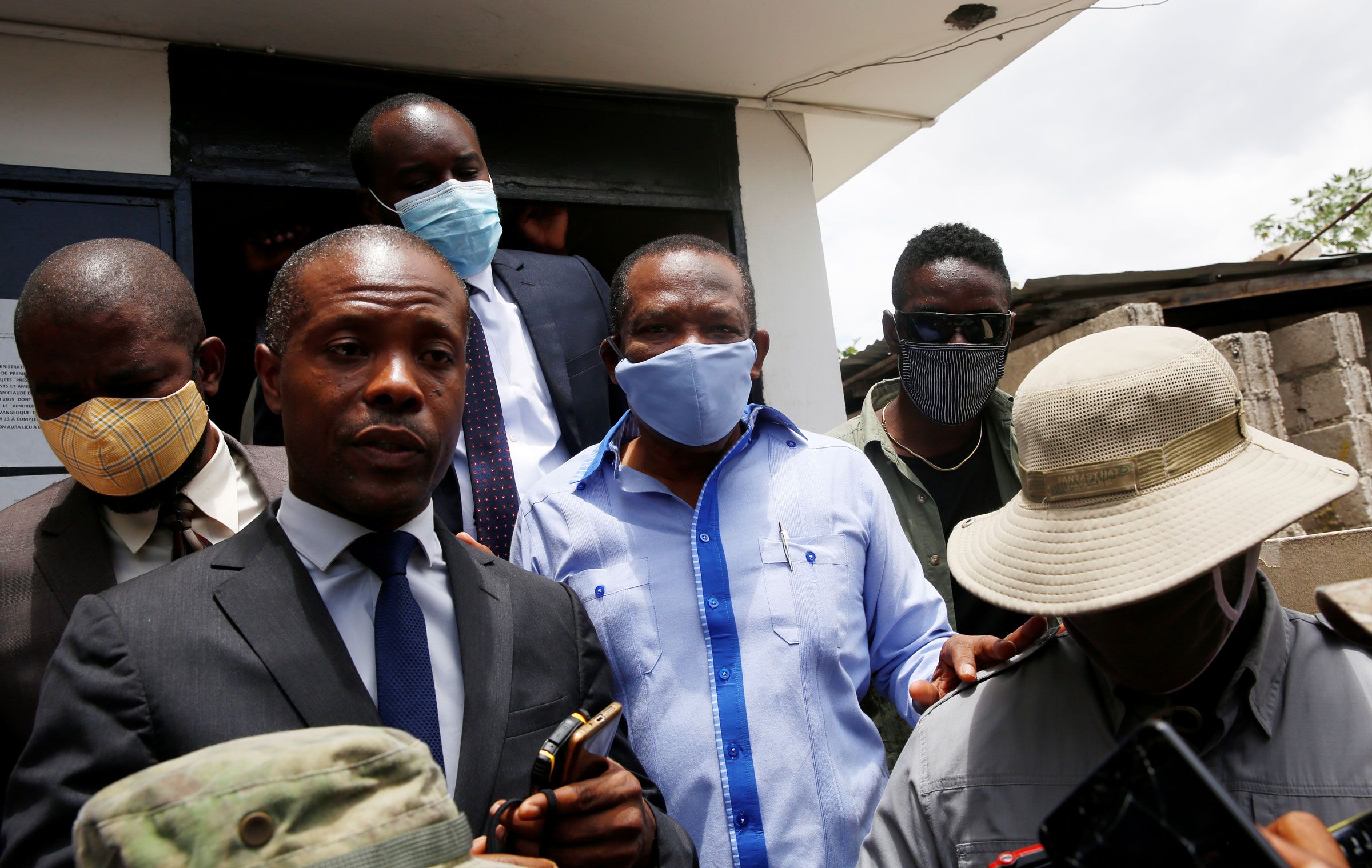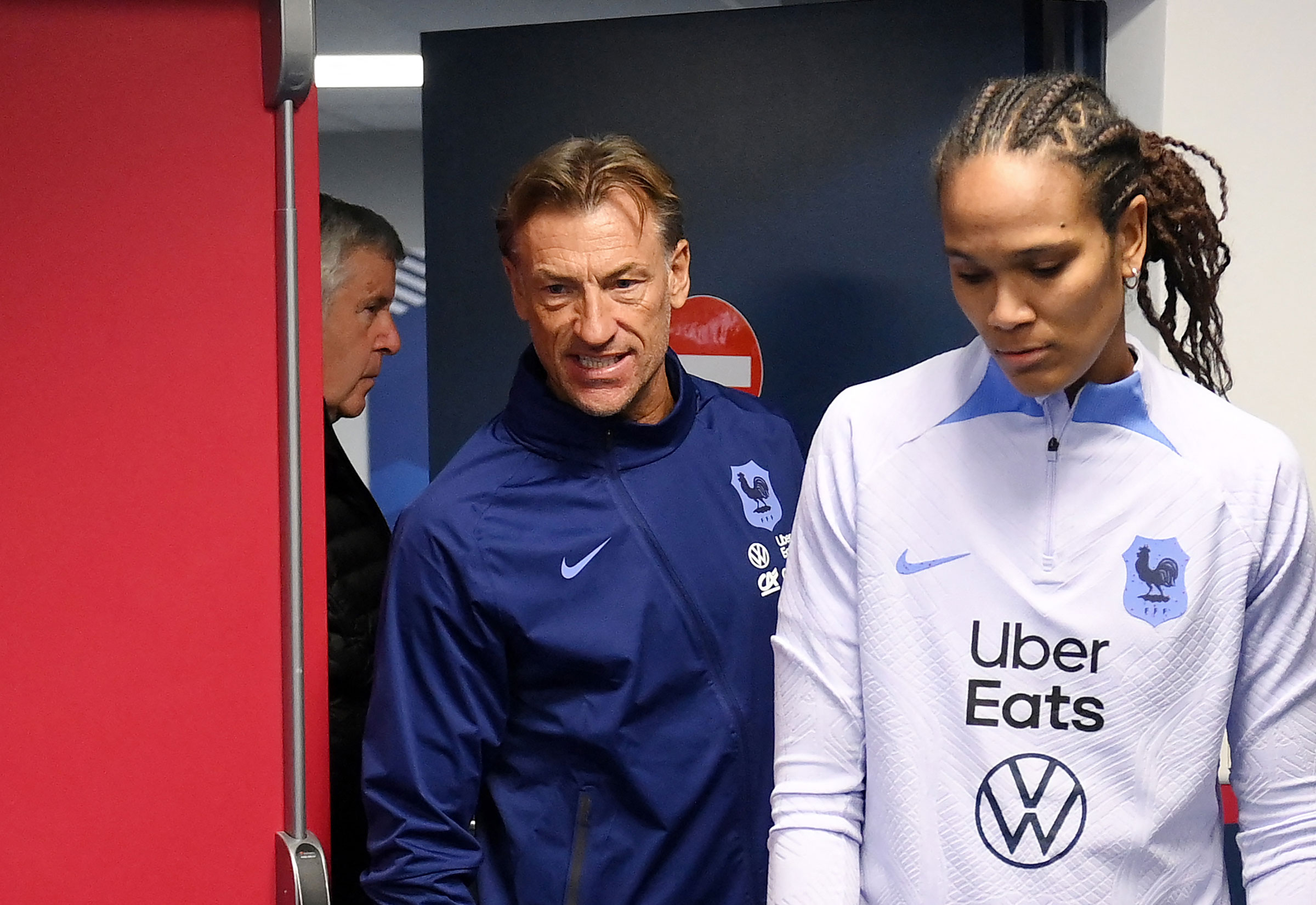Every World Cup promises unity. In theory, at least. Put aside your grievances, people of the world, if for only over a month and indulge in the wonder of the beautiful game.
Sounds rosy. But this notion is mostly a fantasy, especially in the women’s game. Despite progress in the United States and elsewhere on the pay-equity front, inequality persists. FIFA, for example, still gives out four times as much prize money to the men ($440 million vs. $110 million for the women). Female players, it seems, never have the luxury of just sticking to sports.
Here are five countries entering World Cup campaigns amid controversies.
Spain

Thanks to a mutiny that first unfolded back in September, Spain will compete in the World Cup without some of its most talented players. Dissatisfied with working conditions under coach Jorge Vilda, 15 players wrote to the Spanish football federation, saying, in essence, they were resigning from the national team unless changes were made to improve “our emotional and personal state.” The federation, however, hit back hard, saying in a statement that the organization “is not going to allow the players to question the continuity of the national coach and his coaching staff, since making those decisions does not fall within their powers. The Federation will not admit any type of pressure from any player when adopting sports measures. These types of maneuvers are far from exemplary and outside the values of football and sport.”
More from TIME
Read More: Megan Rapinoe Won’t Go Quietly
For his part, Vilda said he never thought of resigning. “I don’t wish for anybody to go through what I am going through these days,” he said last year. “I am deeply hurt, it’s an unfair situation nobody deserves.”
In the end, three of the players who signed the letter ended up on the World Cup roster: Aitana Bonmatí and Mariona Caldentey, who play for Barcelona, and Manchester United’s Ona Batlle. Spain will face Costa Rica, Zambia, and Japan in Group C in New Zealand and will still suit up Alexia Putellas, the reigning winner of the Ballon d’Or—given annually to the world’s best player. But many marquee players—like Mapi León, from Champions League winner Barcelona—will stay home. “It will really piss me off not to go to the World Cup,” León said in March. “But my values come first.”
England
Spanish players aren’t the only ones at loggerheads with football bureaucrats. The England Football Association is declining to give players performance bonuses, on top of the direct payments that FIFA is offering to players for the first time. FIFA will give every World Cup player, at a minimum, $30,000 for reaching the group stage. Players from the champion team will each receive $270,000.
Meanwhile, FIFA will also make prize-money payments to national federations; teams knocked out of the group stage receive $1.56 million, while the winning team gets $4.29 million. Under the collective-bargaining agreement that the U.S. women’s and men’s national teams signed last September, 90% of that cash paid to the federation is split evenly between women’s and men’s players. (Under these terms, 90% of the $13 million in prize money that the U.S. men earned in 2022 for reaching the Round of 16 at the Qatar World Cup is split evenly with the women.) England, however, has thus far stuck to its stance of guaranteeing female players the direct payments only.
According to Sky Sports, the English team is understandably upset. England won the 2022 European Championship, a tournament that helped grow the women’s game: the Euros, hosted by England, set attendance and viewership records. Almost 80,000 fans filled Wembley Stadium to watch the Lionesses defeat the U.S., 2-1, in an October friendly. Women’s soccer is ascendant in England. So why would the English federation withhold World Cup prize money from its own players?
Discussions between senior players on the England team and the federation are ongoing, says Sky Sports. Unless an agreement is reached before England’s first World Cup game, against Haiti on July 22, this kerfuffle could overshadow the Lionesses’ quest for their first World Cup title. Or motivate the players to further prove their worth and embarrass the powers that be.
Haiti

While Haiti’s 2-1 victory over Chile in February, which qualified the team for its first World Cup, set off celebrations across the country, the fate of the country’s ex-soccer president remains in question. In 2020, FIFA’s ethics committee found Yves Jean-Bart guilty of sexually harassing and abusing female players, including minors, and gave him a lifetime ban. Jean-Bart has denied the allegations, and in February 2023 the Court of Arbitration for Sport (CAS) overturned the FIFA ban, citing “inconsistencies and inaccuracies in the statements of the victims and witnesses presented by FIFA.” The court ruling also said that information put forward by third parties, including Human Rights Watch and world players’ union FIFPro, was not “sufficiently evidentiary.” In March, Jean-Bart’s lawyer insisted that Jean-Bart is no longer suspended, and that it’s his right to continue serving as president of Haiti’s soccer federation.
In a verdict released July 6, the Swiss Supreme Court dismissed FIFA’s appeal of the CAS ruling. According to a spokesperson for Jean-Bart, FIFA is challenging the former president’s attempt to assume his position; Jean-Bart will not be traveling to the World Cup.
Read More: How the Women’s World Cup Evolved Into What It Is Today
Canada
The Canadians won gold at the 2021 Tokyo Olympics. In the semis, they thwarted their archnemesis neighbors to the south. A tumultuous 2023, however, has largely dimmed the glow of that victory. In February, the players threatened to strike after accusing Canada Soccer of failing to properly support them in a World Cup year. “Despite our strong track record of success and history-making achievements for more than a decade, we continued to be told that there is not enough money to fund our program and our youth teams,” the players union wrote on Twitter. “Now that our World Cup is approaching, the Women’s National Team players are being told to prepare to perform at a world-class level without the same level of support that was received by the Men’s National Team in 2022, and with significant cuts to our program—to simply make do with less.”
In March, the players took their protests to parliament. “We as players sometimes have to make choices about which medical treatments to receive when staff physiotherapists are stretched,” Canadian midfielder Quinn said at a committee hearing in Ottawa. Christie Sinclair, who has scored more international goals than any player in history, said she brought the team’s concerns to former Canada Soccer president Nick Bontis, who resigned amid the dispute in late February.
“The president of Canada Soccer listened to what I had to say and then later in the meeting referred back to it as, ‘What was it Christine was bitching about?'” Sinclair told lawmakers. (Bontis said he didn’t recall using that language, but he apologized publicly. “She felt that I treated her concerns disrespectfully. I feel terrible about making her feel this way,” he said. “I’ve since communicated with Christine and her agent to apologize personally. It was a mistake. I take responsibility for it. I regret it.”)
In March, the federation and team reached an interim funding agreement. But the two sides have not resolved long-term issues. Canada faces Nigeria, in Melbourne, on July 21. The players will seek to put the tumult behind them—for now—and take home Canada’s first-ever World Cup title.
Read More: Your Guide to the 2023 Women’s World Cup
France

France’s player revolt proved more successful than Spain’s. In February, France captain Wendie Renard, a star defender, said she would skip the World Cup “to protect” her mental health. In a statement, Renard wrote: “My face may hide the pain but my heart is suffering … and I don’t want to suffer any more.” French striker Marie-Antoinette Katoto and forward Kadidiatou Diani also said they wouldn’t suit up for the World Cup.
The players took issue with the leadership style of national team coach Corinne Diacre, who had stripped Renard of her captaincy in 2017 (before returning it to her in 2021). French midfielder Amandine Henry—who will miss this World Cup due to a calf injury—said the tense atmosphere caused her and other players to cry in their rooms during the 2019 tournament. After Renard made her statement, the French federation president, Philippe Diallo, formed a four-person panel to investigate the team’s culture. The panel concluded that “the malfunctions observed seem, in this context, irreversible.” Diacre was let go in March.
Hervé Renard (no relation to Wendie), who led Saudi Arabia to a stunning upset victory over Argentina at the 2022 men’s World Cup in Qatar—and who won Africa Cup of Nations titles as coach of men’s teams in Zambia (2012) and Côte d’Ivoire (2015)—was hired to replace Diacre. Wendi Renard and Diani are on France’s World Cup roster. “Without unity, we can’t achieve anything – I insist on that all the time, and it’ll always be my guiding principle,” Hervé Renard told FIFA.com in a recent interview. “No one can be outside this framework, and no one is above the national team.”
TIME will be providing ongoing coverage of the 2023 World Cup, which takes place from July 20 to August 20 in Australia and New Zealand. Subscribe to TIME’s World Cup Newsletter, “Extra Time,” here.
More Must-Reads from TIME
- Iran, Trump, and the Third Assassination Plot
- Ellen DeGeneres’ Unfunny Netflix Special Leaves So Much Unsaid
- Welcome to the Golden Age of Scams
- Did the Pandemic Break Our Brains?
- 33 True Crime Documentaries That Shaped the Genre
- The Ordained Rabbi Who Bought a Porn Company
- Introducing the Democracy Defenders
- Why Gut Health Issues Are More Common in Women
Write to Sean Gregory at sean.gregory@time.com